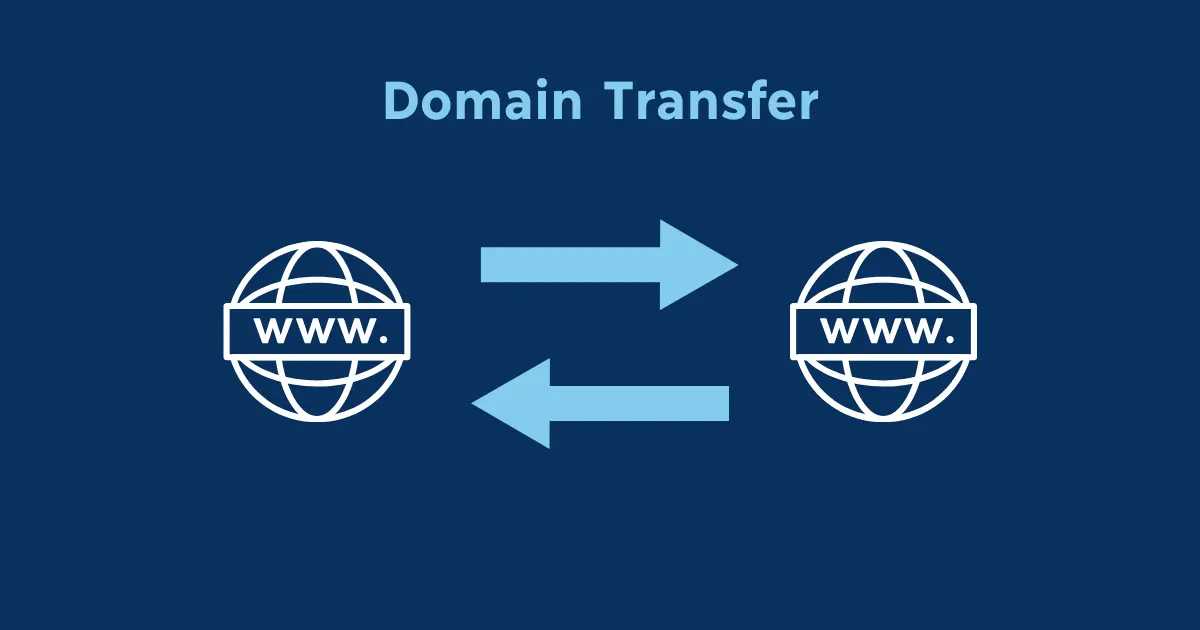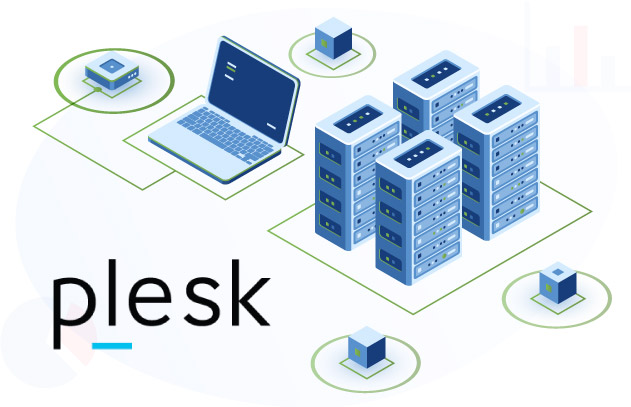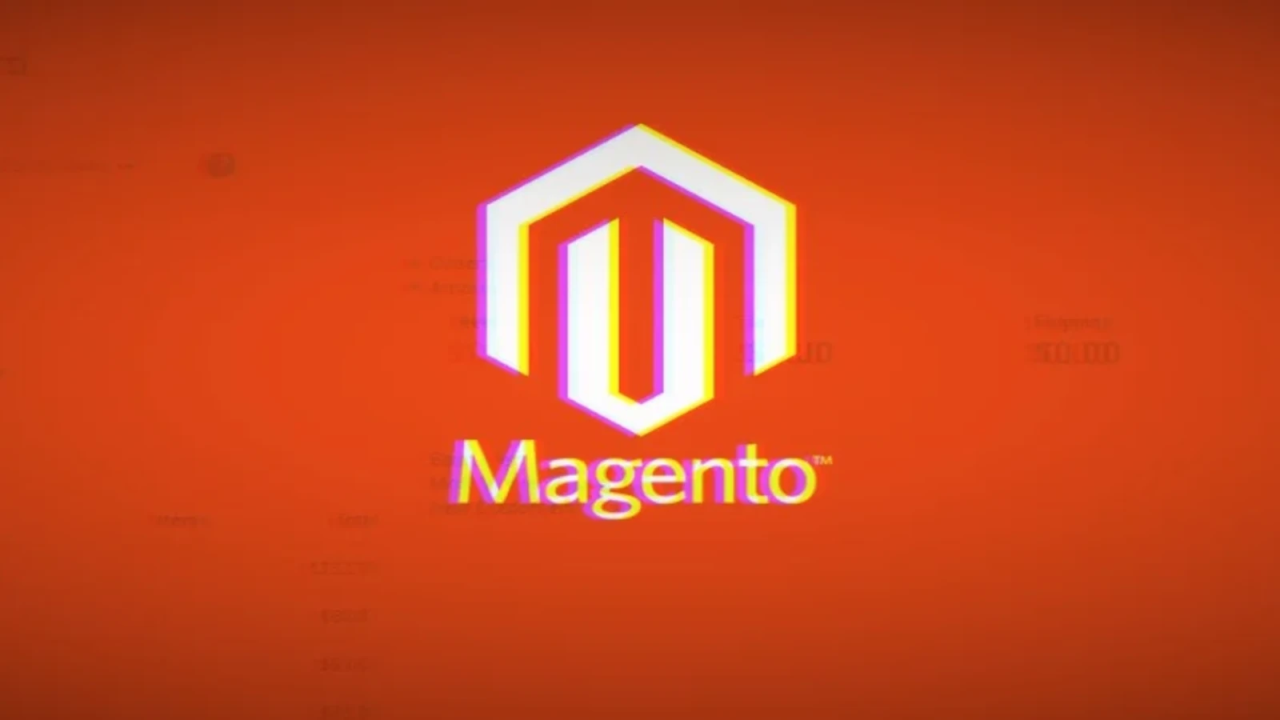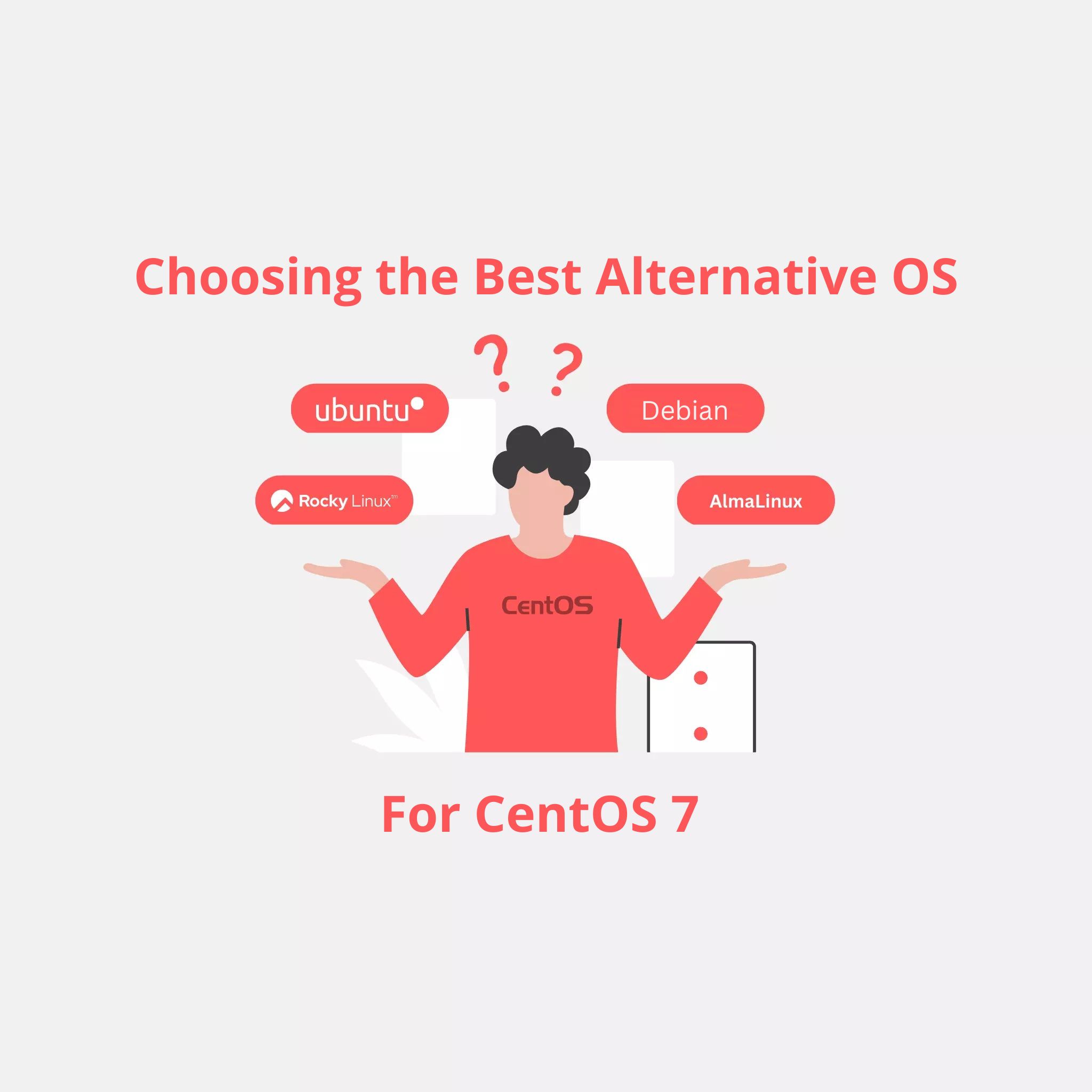Best Alternative OS for CentOS 7, known for its stability and long-term support, has been widely used in enterprise environments. However, with the shift in CentOS’s development focus to CentOS Stream, many users are seeking alternatives.
Table of Contents
Here are some of the Best Alternative OS for CentOS 7
Rocky Linux:
- Description: Created by one of the original CentOS founders, Rocky Linux aims to be a direct, community-driven replacement for CentOS.
- Features: Compatible with Red Hat Enterprise Linux (RHEL), similar lifecycle to CentOS, community support.
- Use Case: Ideal for users who want a seamless transition from CentOS
AlmaLinux:
- Description: A community-driven project backed by CloudLinux, designed to be a 1:1 binary compatible fork of RHEL.
- Features: Strong community and corporate backing, compatibility with RHEL.
- Use Case: Suitable for users looking for a reliable and stable RHEL-compatible distribution.
Debian:
- Description: One of the oldest and most stable Linux distributions.
- Features: Known for its stability and extensive package repository, community-driven.
- Use Case: Suitable for users who prioritize stability and a large software repository.

Fedora:
- Description: A cutting-edge distribution sponsored by Red Hat.
- Features: Latest features and technologies, frequent updates.
- Use Case: Ideal for users who want to stay on the bleeding edge of technology.
Ubuntu Server:
- Description: A popular Debian-based distribution known for its ease of use and strong community support.
- Features: Regular updates, extensive documentation, strong community, and commercial support.
- Use Case: Ideal for users looking for a user-friendly and widely supported Linux distribution.
Oracle Linux:
- Description: An enterprise-class Linux distribution supported by Oracle.
- Features: Free to use, offers strong support options, compatible with RHEL.
- Use Case: Good for users who might benefit from Oracle’s enterprise features and support.
Choosing Criteria:
- Compatibility: Ensure the new OS is compatible with your existing applications and infrastructure.
- Support: Consider the level of community and commercial support available.
- Stability: Assess the stability of the distribution, especially for production environments.
- Updates: Check the update and upgrade policies to ensure long-term viability.
- Community: A strong and active community can be invaluable for troubleshooting and advice.
Recommendations:
- For a seamless transition from CentOS: Rocky Linux or AlmaLinux.
- For enterprise environments: Oracle Linux or SUSE Linux Enterprise Server.
- For user-friendly experience and community support: Ubuntu Server or Debian.
Evaluate each alternative based on your specific needs and test them in a non-production environment before making a final decision.





